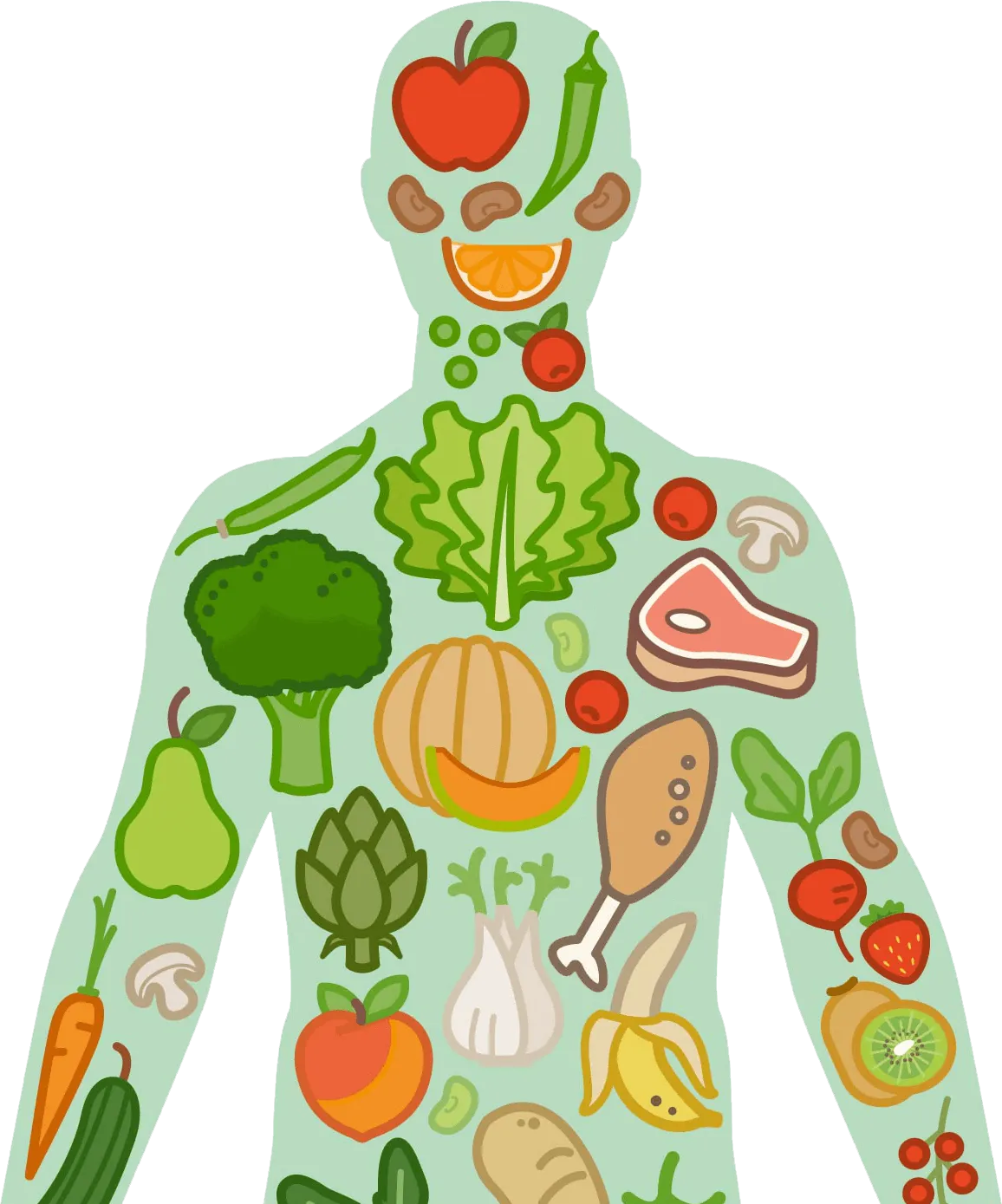
Losing weight is hard.
But, it’s not your fault.
Difficulties in weight loss and weight management are not a personal failure. The fact is, you’ve been misled. It’s not just about eating less and exercising more; in fact, if this is your primary approach, then you’re likely to fail. Gaining weight changes your biology, which can lead to your body counteracting your weight loss efforts as a means to protect itself. This makes traditional weight loss and weight management techniques hard and frustrating. The good news is that with the right approach, it’s not impossible!
actually works!
Struggle with weight? Biology and metabolism play a huge role.
Weight loss struggles are not just about overeating or not getting enough physical activity. Metabolic and cellular changes are harder to see and just as impactful in your efforts to shed extra pounds.
One of the invisible factors at play is insulin resistance, which is when your body’s cells don’t respond well to the hormone insulin, and therefore, can’t convert glucose from the food you eat into energy. Over time, insulin resistance causes your blood sugar levels to rise and that glucose in your blood is stored as fat – leading to, you guessed it, weight gain. It can also lead to type 2 diabetes and other chronic conditions if left untreated.
60% of medically overweight individuals in the US have evidence of an advanced form of insulin resistance, which means that the food they eat is not being properly metabolized at a cellular level. See the study
From this perspective, the difficulty resisting hunger that so many dieters have isn’t a sign of poor discipline, but rather a biological problem involving how our bodies distribute the calories we consume.

If you’re familiar with the below symptoms, then you may be at a high risk of insulin resistance and it’s frustrating effects:
- Feeling hungry even after you ate a meal
- Unstable blood sugar/shakiness
- Fatigue after meals - like "food coma"
- Cravings for starches/sugar such as bread, pasta, chips, sweets
- Gaining weight despite eating what you think is healthy
- Gaining weight around your midsection
You’re not alone.
Insulin resistance is a common metabolic dysfunction.
Of adults 18 and older have metabolic syndrome.
Of adults 60 and older have metabolic syndrome.

The Truth About Weight Loss: You’ve been sold a lie.
We were taught that the people who eat the least and exercise the most are the "healthiest." In fact, there’s an entire industry dedicated to selling fad diets, quick fixes, and unsustainable approaches to weight loss. Yet, despite your best efforts, those approaches haven’t worked. The reality is that it takes time to alter our metabolism! Insulin resistance didn’t happen overnight. It takes years to develop and progress. There is no quick fix, and the time it takes to reverse insulin resistance depends on a variety of personal factors.
The Core Science of bistroMD
The bistroMD program focuses on these key elements on your plate to:
Fuel your metabolism
and preserve lean muscle tissue during weight loss by eating adequate lean protein every3 hours.
Stabilize your blood sugar
and avoid stimulating more insulin production by consuming low glycemic carbohydrates.
Keep you feeling full & satisfied
by incorporating high-fiber foods into your diet along with adequate protein & healthy fats.
Promote heart health
through good quality healthy fats and sodium moderation.
The Daily Average for Calories

Fats 30% of total caloric intake is from healthy fats in ingredients such as olive oil, almonds, avocado, or salmon.
Carbs 30% of total caloric intake is from complex carbohydrates including but not limited to green beans, broccoli, bell peppers, and sweet potatoes.
Protein 40% of total caloric intake is from lean protein sources such as chicken breast, lean beef, pork, tofu, quinoa, and more.
You know your body, We know the science. Let’s work together.






